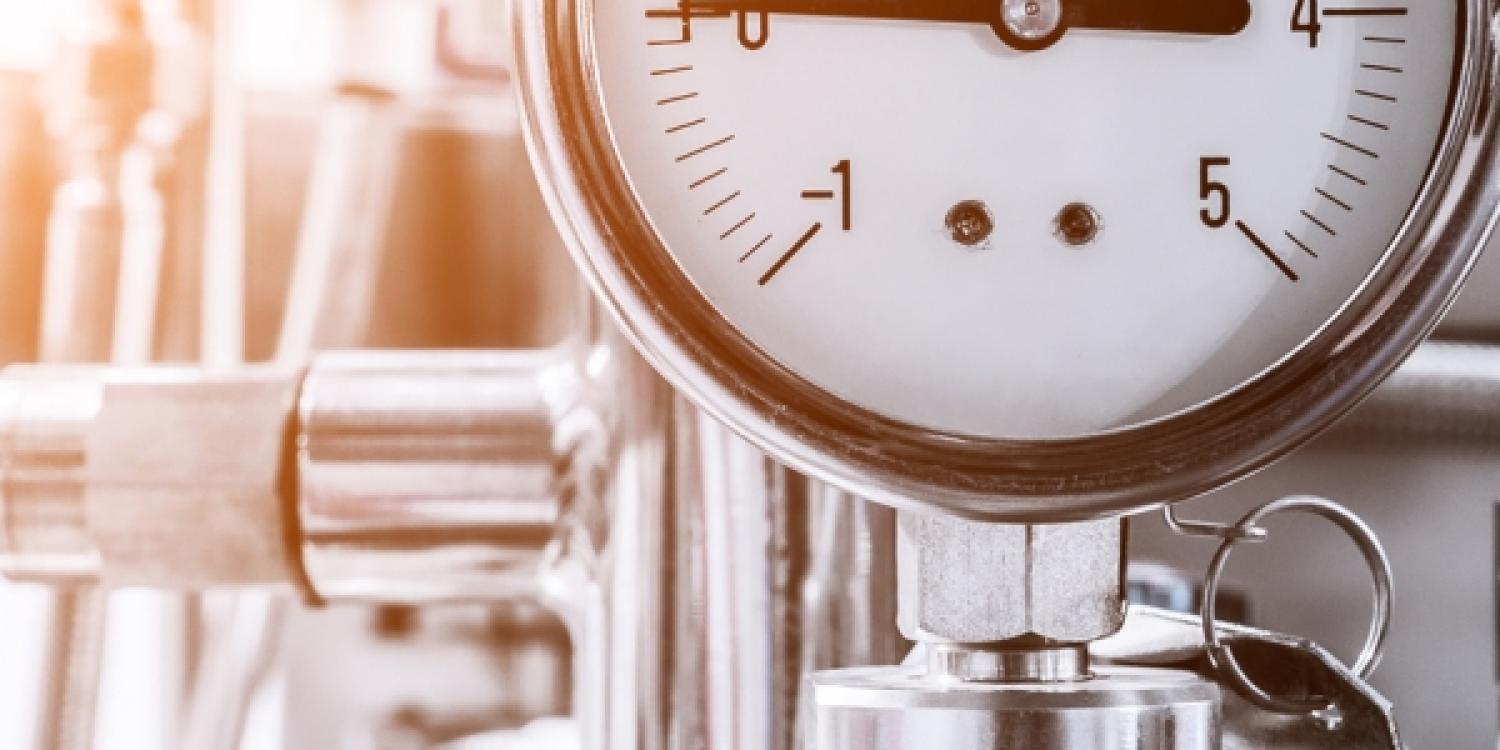Steam and water meters lead to energy savings

Information
Steaming ahead with energy-saving measures
- Introduction of metering system led to yearly savings of around € 5 600
- Reduction of CO2 emissions from 95kg/tonnes to 60 kg/tonnes
Bonduelle is a French company founded in 1853 which specialises in the production of processed vegetables.
Bonduelle's Russy Bémont plant cans 30 000 tonnes of vegetables annually. Canning is an energy-intensive process and the company was keen to find ways to reduce this cost item. For instance, the 7 000 tonnes of steam used on the site for sterilising vegetables represented some 30 % of the total energy consumption costs of the site every year.
Broadly, Bonduelle's sustainable development programme focuses on two themes:
- Better production, including irrigation techniques, less fertiliser use and generally more environmentally friendly agriculture
- More competitive, including reducing energy and water consumption, cost-effective transport, and best practices
After carrying out a carbon audit, which revealed the high contribution of vegetable processing in the group's total CO2 emissions, action was taken to set up metering systems and optimise the operation of devices through monitoring indicators.
Bonduelle now monitors its energy consumption through a ratio in kWh/tonnes of finished product. Meters were installed (a magnetic counter for water and vortex counter for steam) to monitor, compare and optimise the water and steam consumption of sterilisers in Russy Bémont. They also help to check the energy performance of new settings (temperature pre-heating, cooling of the boxes, etc.) as well as process modifications. The gathered data can also be used to further analyse and control sterilisation and bleaching facilities.
Key results
Thanks to the audit and introduction of meters, the CO2 emissions were reduced from 95 kg/tonness to 60 kg/tonnes per year. The expected yearly gains for the company are about € 5 600.
These meters also help to define new energy efficiency measures, for example identifying where one boiler could be used at full capacity instead of two at half-capacity, thus reducing energy use and emissions.
Ademe, '49 exemples de bonnes pratiques énergétiques en entreprise', http://www.ademe.fr/sites/default/files/assets/documents/81458_fiches_b…